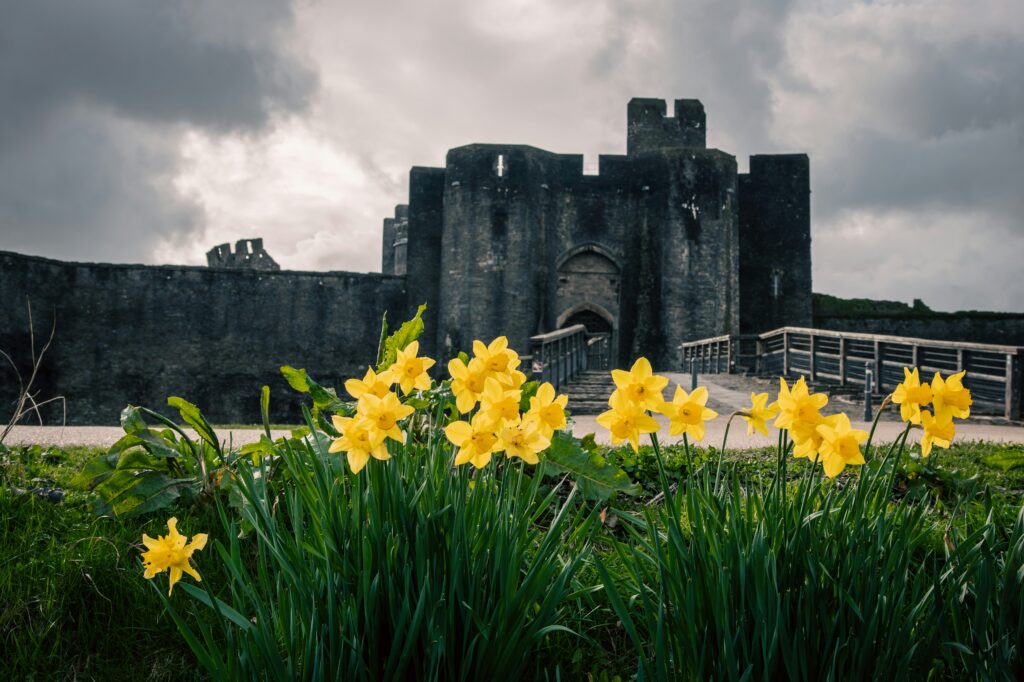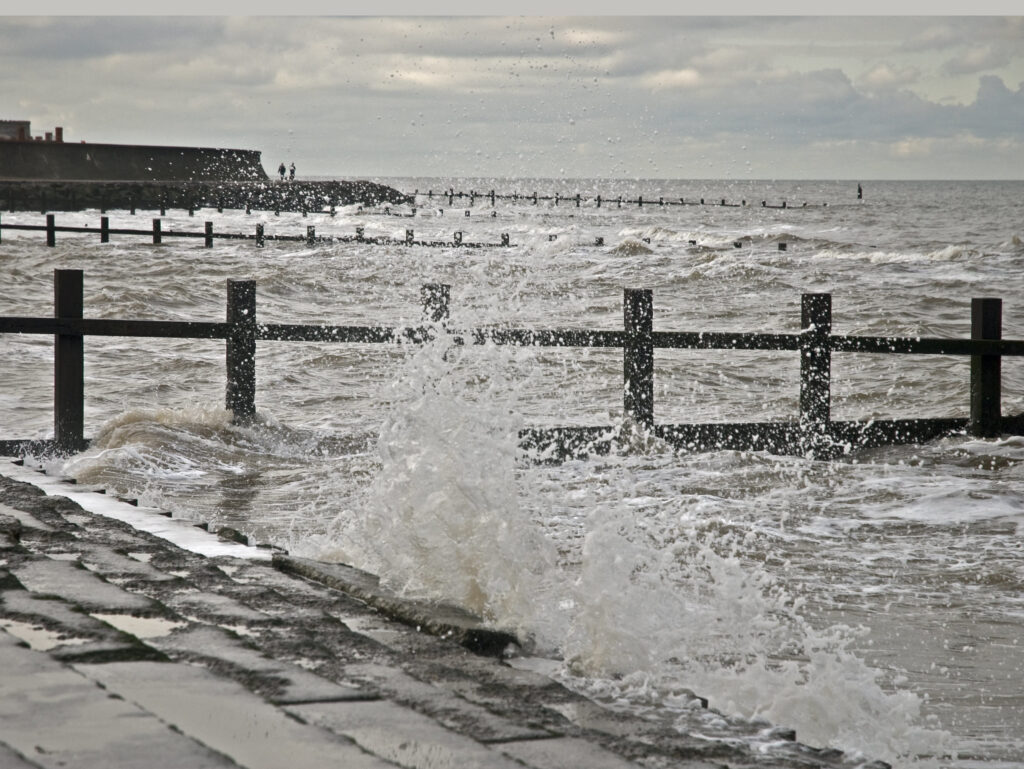John Osmond reflects on the life of Emlyn Hooson who died earlier this week
The Liberal Democrat peer Lord Hooson, who has died aged 86, was an influential political figure in the Wales of the 1960s and 1970s. In 1962 he became MP for Montgomery following the death of Liberal leader Clement Davies who had held the seat since 1929. In the by-election that followed Emlyn Hooson secured a considerable personal triumph, trebling the majority. It was a high noon of Liberal fortunes at the time, coming in the wake of Erick Lubbock’s capture of Orpington. Hooson was carried shoulder high through the centre of Welshpool.
Emlyn Hooson was always convinced that Welsh Liberalism had the capacity to return to its 19th Century hegemony in Wales, regarding the dominance of Labour through much of the 20th Century in Wales as an anomaly. He once told me that Plaid Cymru’s role was merely to demonstrate Labour’s vulnerability in the Valleys of southern Wales.
Presumably he thought that once Plaid Cymru had wrested power from Labour then Welsh Liberals would simply take over the reins. In this and other ways he was somewhat other-worldly, mild mannered and with a distaste for the cut-throat world of competitive politics.
He was strongly convinced that if Welsh Liberalism was to have a future then it must carve out a more distinctive identity. Hence, in the mid-1960s he created a more autonomous position for the party in Wales, in the process forcing a federal constitution upon the UK Liberal Party as a whole.
Following this he became a staunch devolutionist but very much in the context of a federal solution for the UK. He supported Labour’s Welsh devolution policy during the 1970s, but you sensed reluctantly because it only engaged with Wales and Scotland. His colleague Geraint Howells, by then MP for Ceredigion, was more staunchly a Welsh devolutionist, willing to see it more from a nationalist perspective, for Wales alone. Hooson on the other hand saw Welsh politics as a kind of nursery preparing one to make a contribution to wider British political life. It was as though Welsh politics was a provincial stream awaiting entry into the mature river of Westminster discourse.
Emlyn Hooson also reflected the essentially conservative (with a small c) instincts of much of rural, if not the whole of Wales. He was on the right of the Liberal Party in Westminster. For instance, he was the only Liberal there to vote against Britain joining the European Community.
He saw Labour rather than the Conservatives as the enemy. After Enoch Powell’s ‘Rivers of Blood’ speech in 1967, he upset David Steel by telling constituents he could see nothing wrong with assisting immigrants who sought repatriation.
In a lifetime in Welsh politics Hooson made few enemies. He saw himself as a radical yet was very much at the heart of a certain kind of Welsh establishment. He was president of the National Eisteddfod in 1965 and 2001, of the Llangollen International Eisteddfod from 1987 to 1993, and was White Bard of the Gorsedd in 1966.
After losing his seat in the 1979 election and being made a peer a few months later, Hooson sought, rather unsuccessfully, to build a career in Welsh business. He chaired a consortium which bid for the Wales and West television franchise but lost to the incumbent HTV. In 1990, as the only non-executive director of Laura Ashley, the fashion and fabrics company which had its factory at Newtown, he took part in a rescue involving the Bank of England and 15 other banks.
When Emlyn Hooson lost Montgomery to his Tory opponent Delwyn Williams by 1,593 votes it was the end of an era: the seat had been Liberal for 99 years. The Liberal Democrats were to regain the seat under the banner of Alex (now Lord) Carlile. But it never seemed quite the same. These days Welsh Conservatives, a notion that by his demeanour and personality Emlyn Hooson was able to absorb into a softer political tradition, have taken over.




